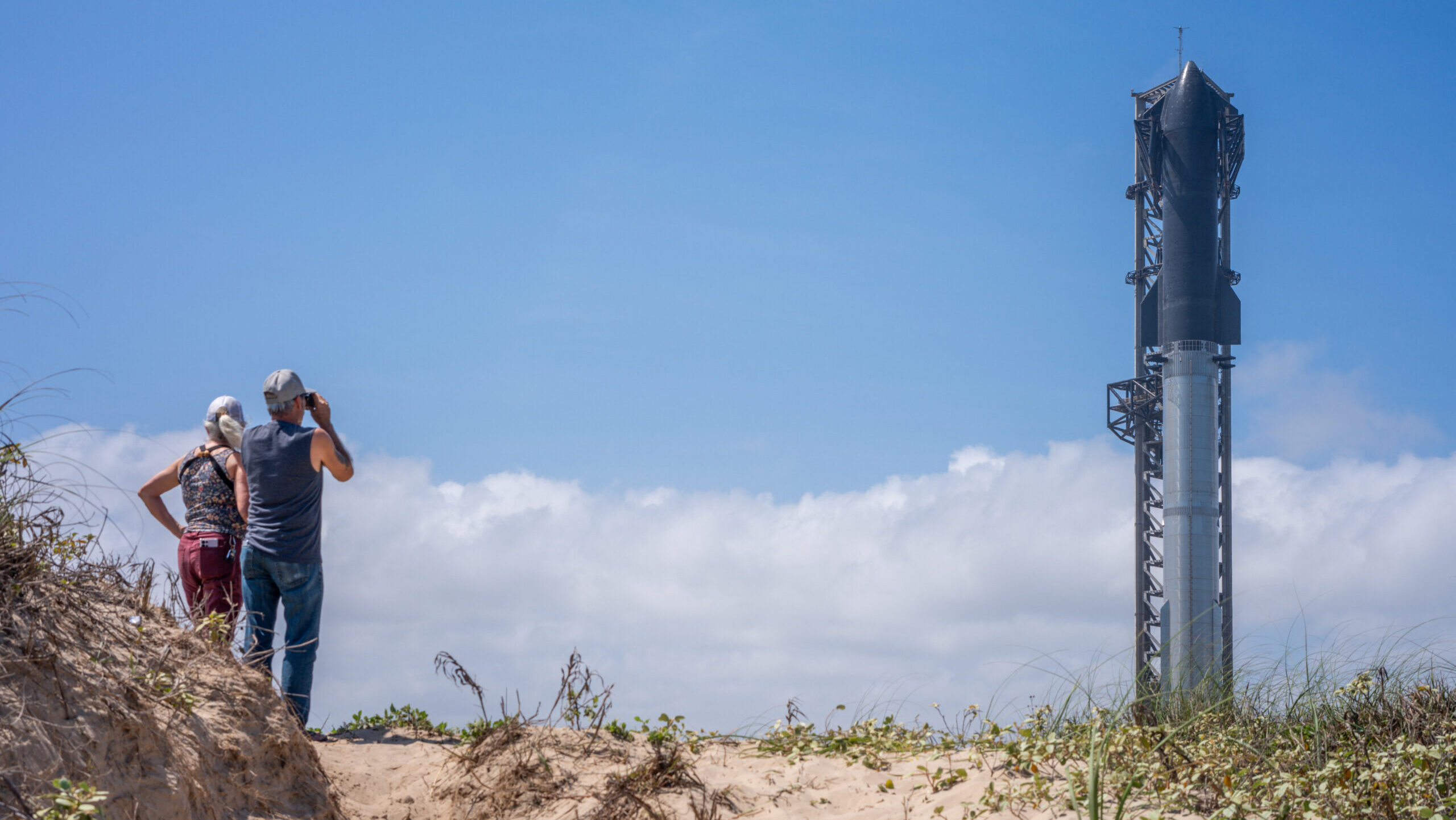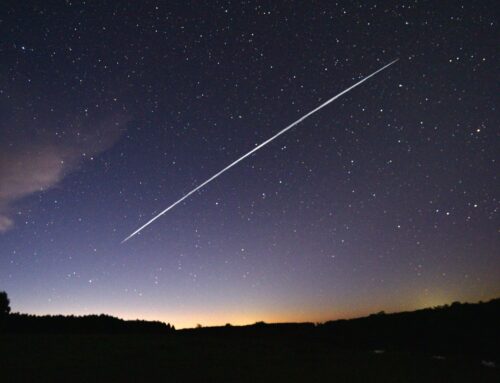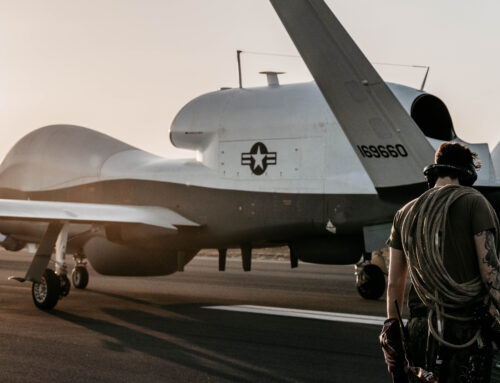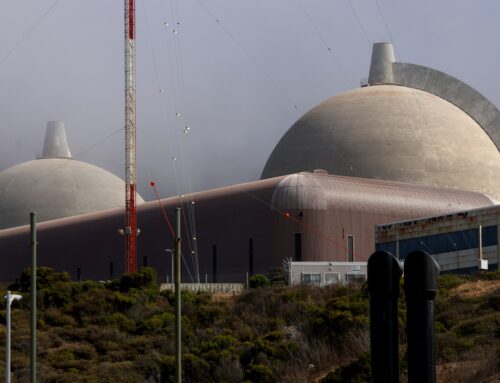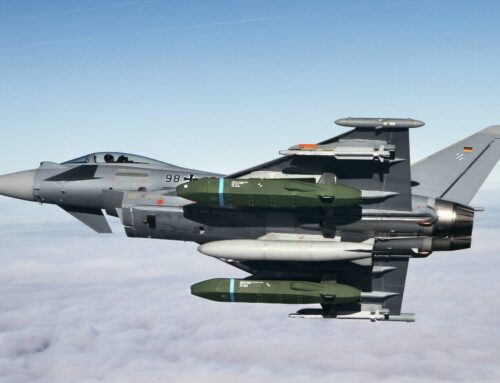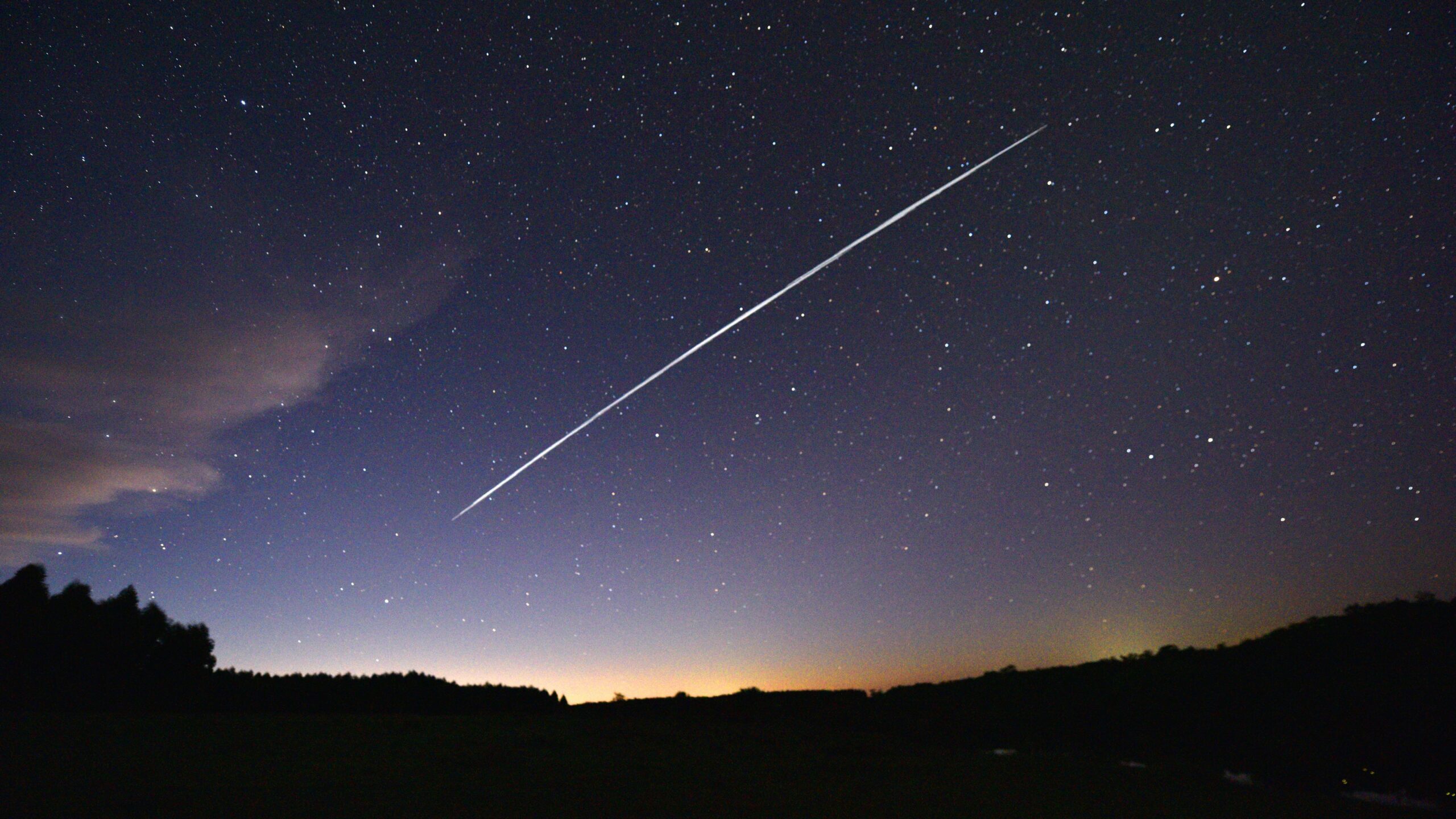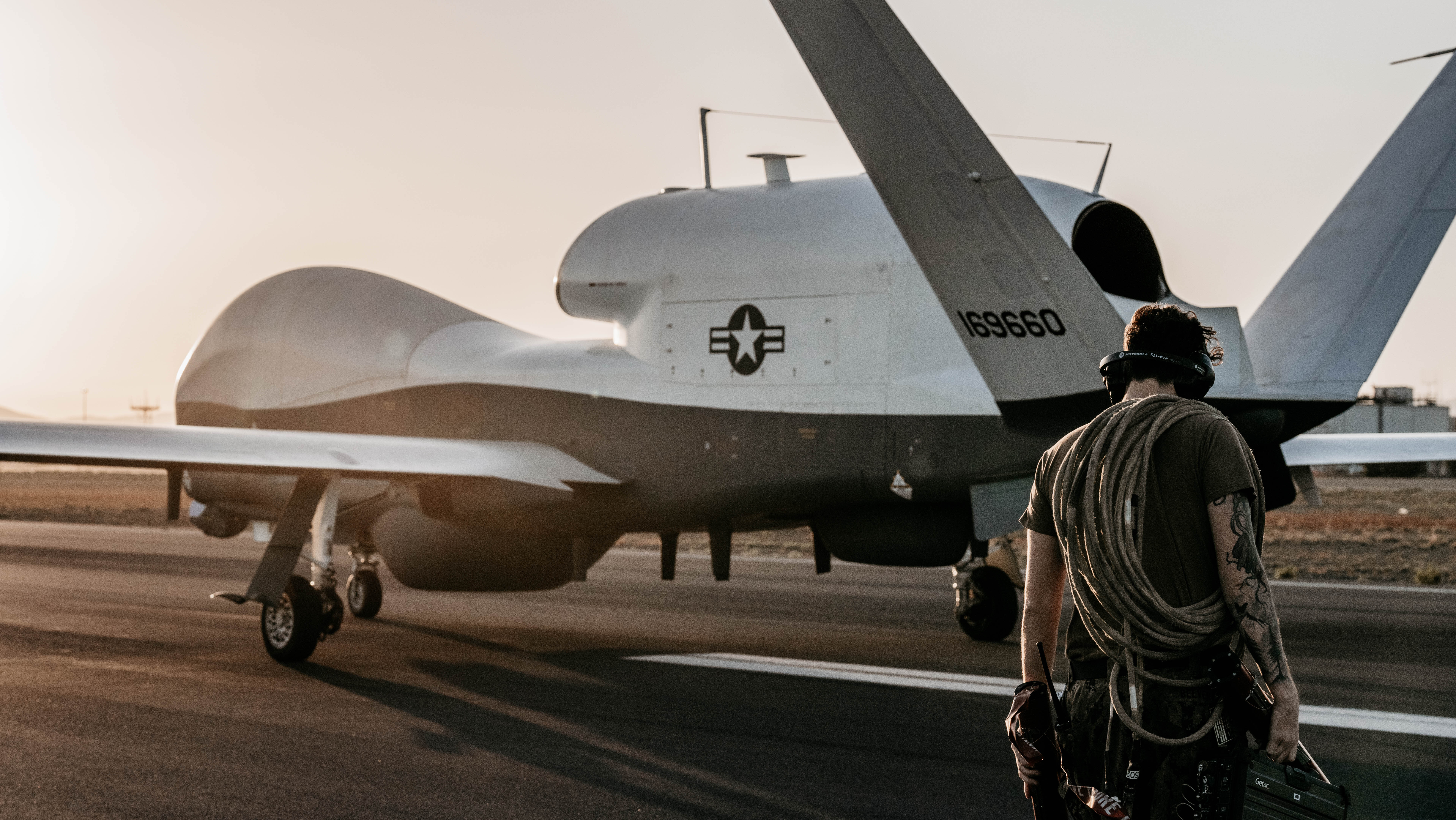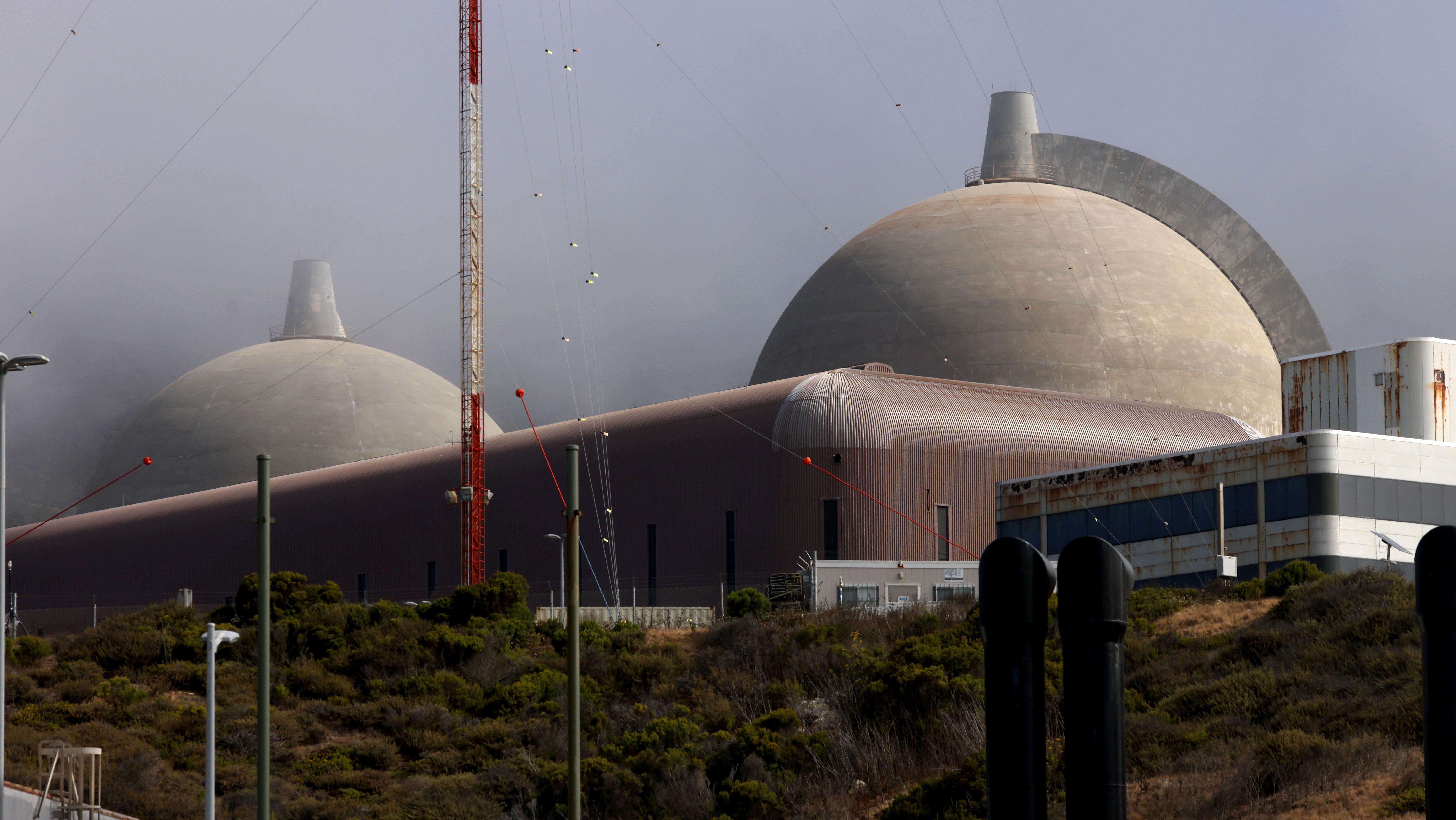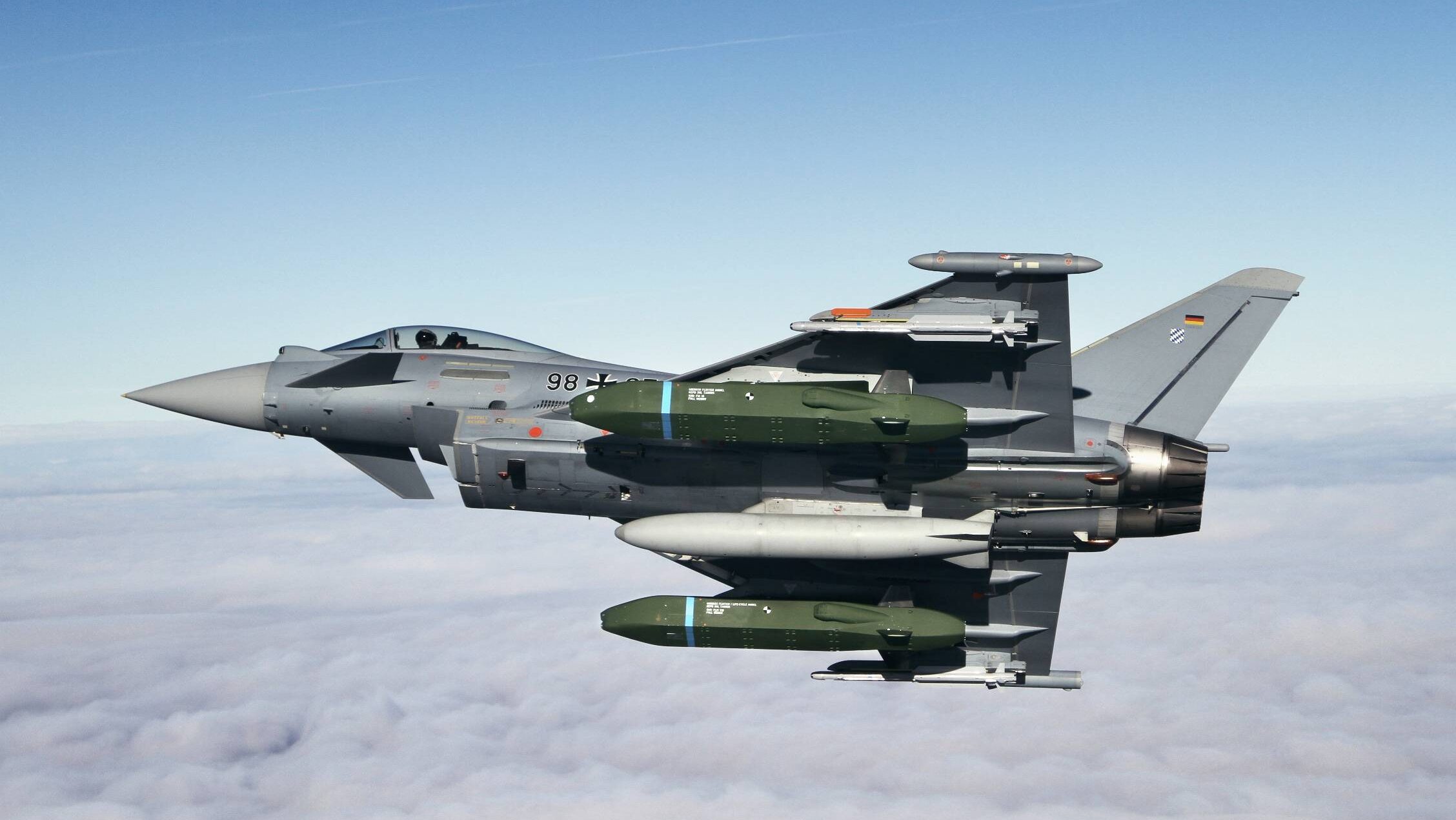A couple views the Starship Flight 3 Rocket a day before its March 13, 2024 launch from the company’s Boca Chica, Texas, facility. (Photo by Brandon Bell/Getty Images)
WASHINGTON — The Federal Aviation Administration (FAA) today kicked off a review of its rules for granting commercial space launch and re-entry licenses — rules that when published in 2020 were meant to streamline its processes to accommodate a booming market, but which have been savaged by industry as instead creating unnecessary obstacles and delays.
While the FAA rules do not apply to launches by the US Space Force or other federal agencies such as NASA and the National Reconnaissance Office, a healthy and diverse US commercial rocket market is important for keeping down government costs.
Further, national security officials in recent months have been fretting about the fact that at the moment, Elon Musk’s SpaceX, in effect, has a monopoly on US space launch. For example, SpaceX currently is the only company certified to launch critical payloads under the Space Force’s National Security Space Launch Lane 2 program.
“The FAA is seeking to update the licensing rule to foster more clarity, flexibility, efficiency, and innovation,” said FAA Associate Administrator for Commercial Space Transportation Kelvin Coleman in the agency’s statement today. “Making timely licensing determinations without compromising public safety is a top priority.”
The FAA’s announcement noted that it approved “a record 148 licensed commercial space operations” in fiscal year 2024, an increase of “more than 30 percent” over last year.
“The FAA forecasts that number may more than double by FY 2028 and is launching an Aerospace Rulemaking Committee to update the FAA’s Part 450 launch and reentry licensing rule,” it added.
The Part 450 launch and reentry licensing rule is primarily focused on ensuring public safety, such as making sure that companies have proper containment measures in case of a launch pad explosion. But it also includes requirements for things like environmental protection.
A number of commercial firms, and industry supporters in Congress, have complained bitterly about the rule, charging that it is confusing and is causing severe licensing delays that are harming innovation and US industry’s market status.
SpaceX in particular has been a vocal critic, especially following the FAA’s Sept. 17 announcement that it was proposing to fine SpaceX $633,009 “for allegedly failing to follow its license requirements during two launches in 2023.” That action, which followed an earlier fine and delays in SpaceX obtaining a launch license for testing its giant Starship rocket — which the Space Force is eying as a possible through-space cargo carrier — has led to an ongoing feud between the agency and the company, with Musk threatening a lawsuit in a post on his social media site X (formerly Twitter).
Musk now has been tapped by President-elect Donald Trump to co-chair a new “Department of Government Efficiency” alongside former Republican presidential candidate Vivek Ramaswamy to slash bureaucratic red tape.
“It was widely expected that the FAA would begin the process of updating its licensing regulations, and it is something the Trump administration is likely to accelerate. Given the apparent influence of Musk and whatever advisory or formal role he may play in the new administration, we should expect to see much more forward-leaning changes that make it faster and easier for companies to obtain launch licenses,” Todd Harrison, senior fellow at the American Enterprise Institute, told Breaking Defense today.
According to the FAA announcement, the review committee “will consist of members of the commercial space industry and academia and will focus on nine topics, including flight safety analyses, system safety, and means of compliance.”
A report enumerating recommended changes is expected “by late summer 2025,” which in turn would underpin future rulemaking to legalize reforms, the agency’s announcement explained.
“The FAA is reaching out to invite stakeholders to participate, with an initial meeting being scheduled during the first week of December,” it added.


